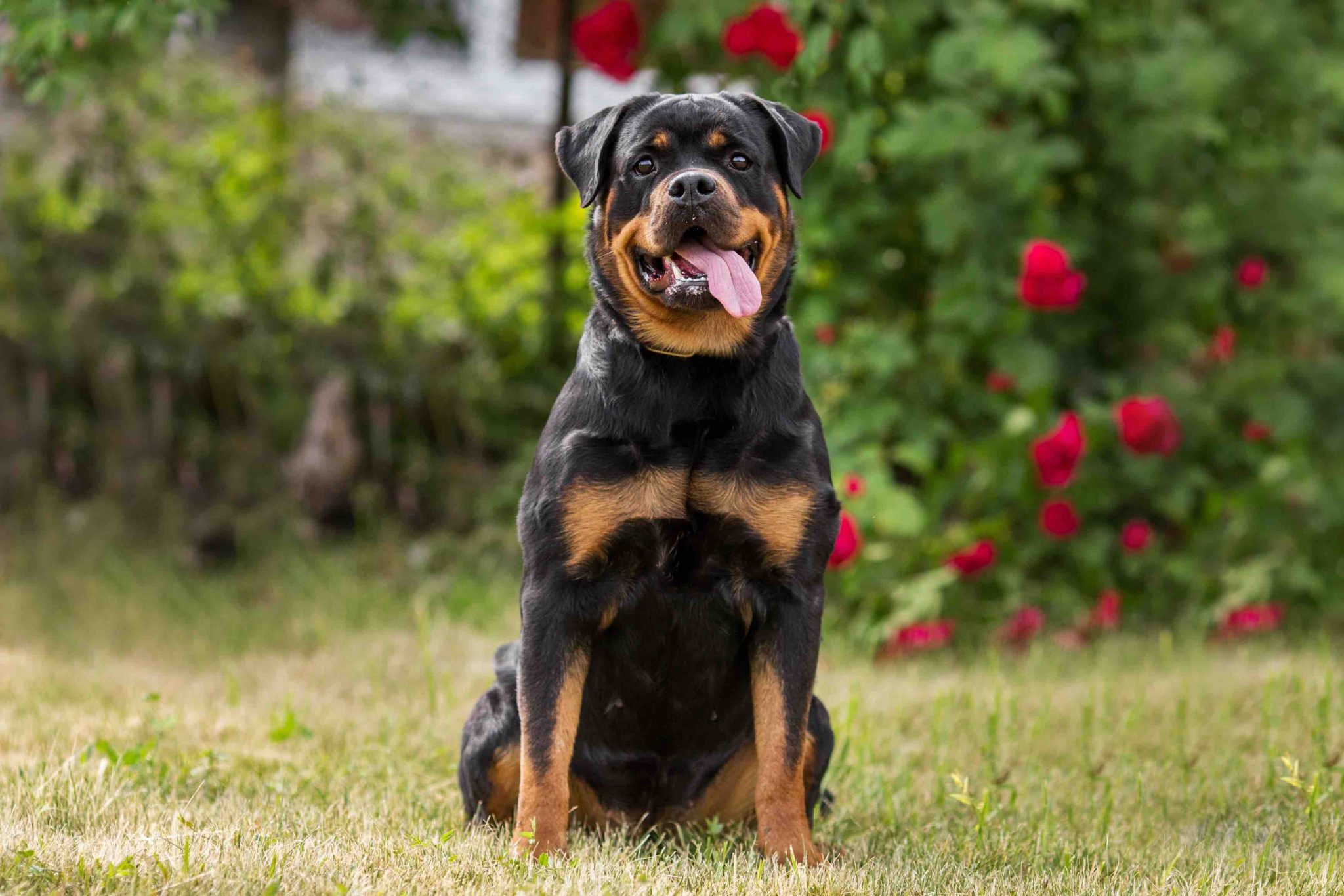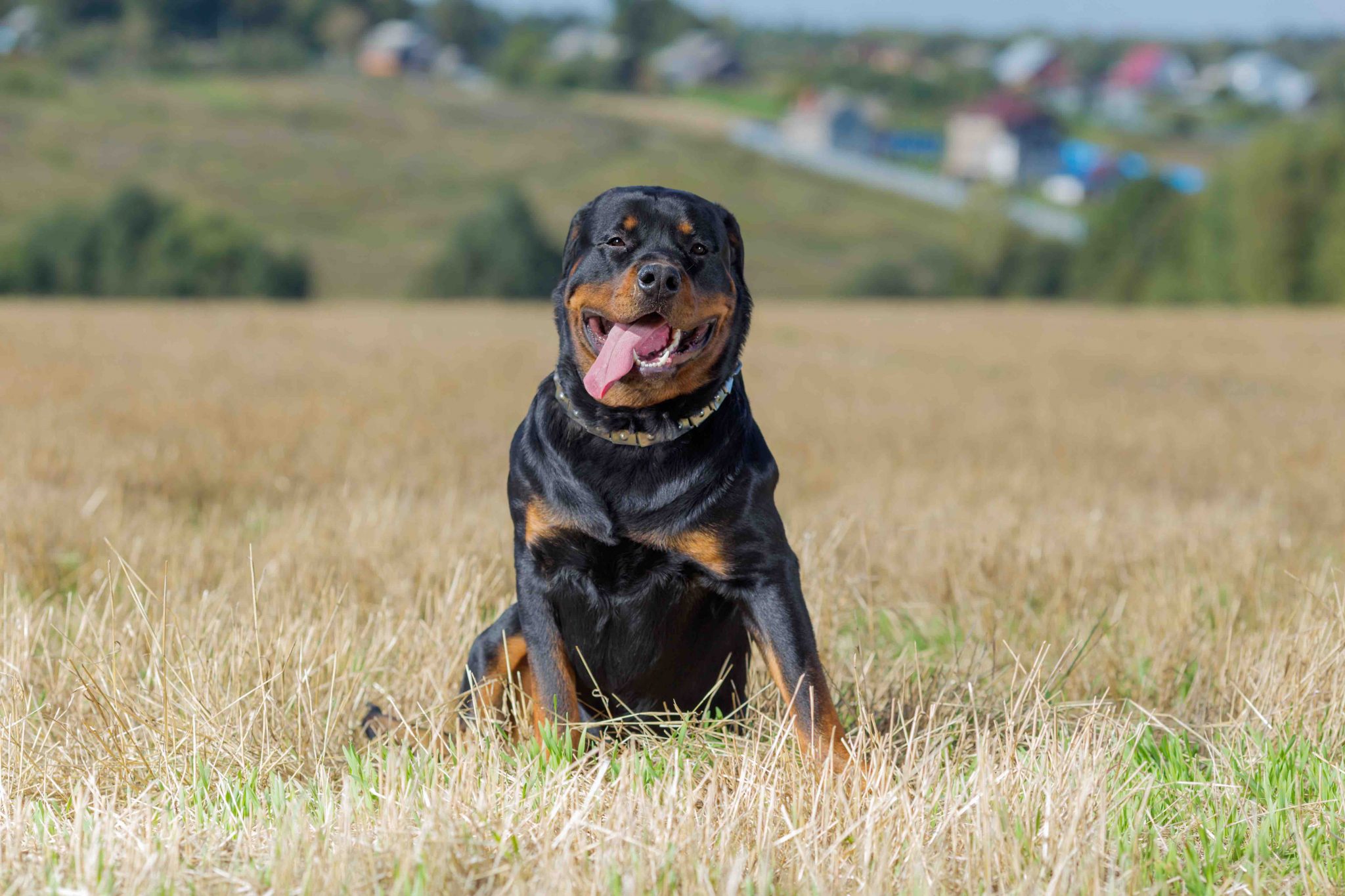The Truth Behind Rottweilers’ Reputation: Fun Facts and Complexities
Introduction: Unveiling the Enigma
Rottweilers, a breed shrouded in both admiration and misapprehension, have long been the subject of heated debate. Their muscular physique, commanding presence, and perceived aggression have fueled a widely held negative reputation. However, beneath this veneer of intimidation lies a multifaceted truth that warrants critical examination. This essay delves into the complexities of Rottweilers' reputation, presenting a nuanced perspective informed by research, history, and anecdotal evidence.
The Roots of Misconceptions: Media and Pop Culture
The media and popular culture have played a significant role in shaping the perception of Rottweilers. From horror films to sensationalist news stories, these outlets have perpetuated a stereotype of the breed as inherently vicious and unpredictable. However, research has repeatedly demonstrated that media portrayals are often grossly exaggerated and do not accurately represent the majority of Rottweilers.
Temperament and Training: The Key to Understanding
In reality, Rottweilers are inherently loyal, intelligent, and protective companions. Their temperament is heavily influenced by genetics and early socialization. With proper training and responsible ownership, Rottweilers can exhibit excellent obedience and stability. Studies have shown that they are no more aggressive than other popular breeds, such as Golden Retrievers or Poodles.
Breed Characteristics: Beyond Appearance
Beyond their reputation, Rottweilers possess several unique physical and behavioral traits. Their muscular build makes them ideal working dogs, historically used for herding, pulling carts, and protecting farmsteads. Their intelligence and problem-solving abilities enable them to excel in obedience, tracking, and other canine sports. Rottweilers are also known for their strong protective instincts, making them loyal and devoted family guardians.
Responsible Ownership: A Matter of Duty
Owners play a crucial role in shaping their Rottweilers' behavior. Responsible ownership involves providing adequate exercise, mental stimulation, and training. Failure to meet these needs can lead to boredom, frustration, and potentially aggressive behavior. Additionally, owners must be respectful of others and avoid putting their dogs in situations where they feel threatened or reactive.
Community Perception: Overcoming Stereotypes
Changing the negative perception of Rottweilers requires a concerted effort from both owners and the community. Owners can serve as positive ambassadors for the breed by demonstrating their dogs' well-behaved nature. They can also participate in community events and educate others about responsible dog ownership. The media and authorities have a responsibility to report on Rottweilers fairly and accurately, avoiding sensationalism and negative generalizations.
Conclusion: Rewriting the Narrative
The complexities of Rottweilers' reputation demand a nuanced understanding that goes beyond stereotypes. While their appearance and protective nature may have contributed to misconceptions, research and responsible ownership practices have dispelled the myth of inherent aggression. By embracing education, fostering positive interactions, and promoting responsible ownership, we can rewrite the narrative surrounding this remarkable breed.
Rottweilers are not inherently dangerous or aggressive dogs. With proper training and responsible ownership, they can be loving, loyal, and protective companions. It is time to shed the shackles of prejudice and embrace the full truth behind Rottweilers' reputation—a truth that reveals a breed of unwavering loyalty, intelligence, and unwavering character.
How Bulldogs Are Helping In Therapy And Assistance Roles
German Shepherds And Their Incredible Sense Of Smell
What Makes Labrador Retrievers So Great With Kids?



